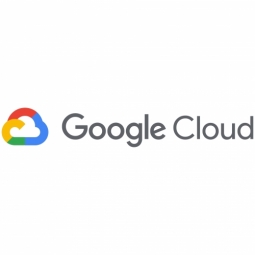Beryl: Leveraging IoT and Google Cloud for Sustainable Urban Mobility
- Analytics & Modeling - Machine Learning
- Cybersecurity & Privacy - Intrusion Detection
- Equipment & Machinery
- Transportation
- Logistics & Transportation
- Maintenance
- Autonomous Transport Systems
- Cybersecurity
- Cloud Planning, Design & Implementation Services
- System Integration
Beryl, a leading micromobility company in the UK, was faced with the challenge of ensuring its bikes, e-bikes, e-cargo bikes, and e-scooters were available at the right places and times to meet customer demand. The company aimed to encourage people to switch to sustainable transport to reduce traffic congestion, carbon emissions, and improve mental and physical health. However, to achieve this, Beryl needed a reliable, glitch-free customer-facing app and fully functioning vehicles. The company also needed to manage and analyze the vast amount of data generated by docking stations, vehicles, users, logistics teams, and maintenance crews to continuously improve its service.
Beryl is a leading micromobility company in the UK, championing sustainable travel options to help reduce road congestion and improve air quality and public health. The company has delivered affordable bike, cargo bike, and scooter schemes around the country, including Norwich, Bournemouth, and Greater Manchester. Beryl encourages people to hire and use their bikes, e-bikes, e-cargo bikes, and e-scooters with their app to transform congested cities. The company prides itself on the positive changes it can create for individuals, communities, and the environment.
Beryl built a tech stack from scratch on Google Cloud to ensure an optimal customer experience. The automatic scalability of Google Kubernetes Engine (GKE) enabled Beryl to rapidly grow, adding more vehicles to an increasing number of schemes across the UK. GKE also allowed Beryl to expand and contract its microservices according to customer demand, with compute and storage power available when required. During quiet periods, servers could be switched off, reducing expenditure, energy use, and environmental impact. GKE also minimized systems downtime by instantly spinning up replica microservices in the event of a systems issue. Beryl managed its data using BigQuery, a serverless data warehouse enabling scalable analysis of petabytes of data. The company also used Looker, a data analytics tool, for deeper data dives and Cloud IoT Core to connect the firm's IoT devices.
Related Case Studies.











